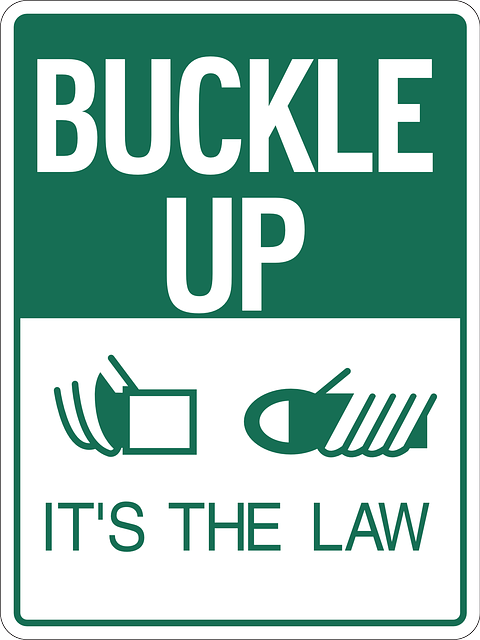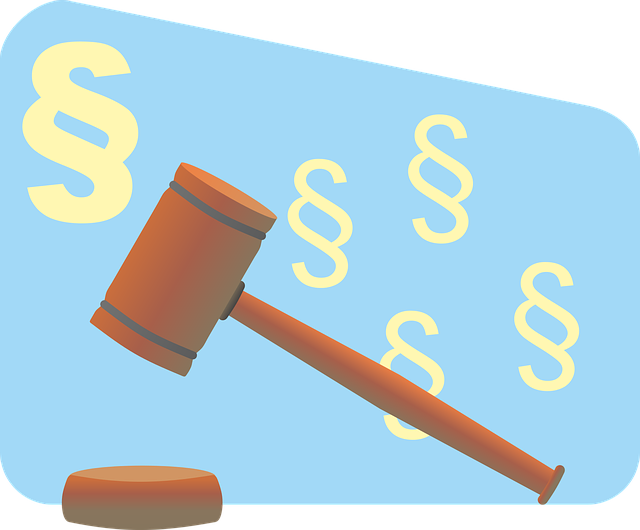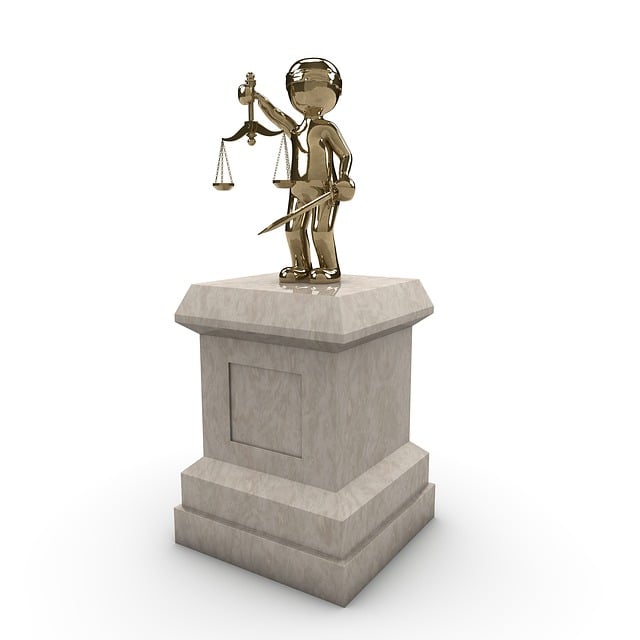Corporate Crime Investigations address various business offenses, with a key focus on Legal Consequences of Trademark Infringement. Legal teams navigate complex cases, employing evidence collection and strategic arguments to safeguard intellectual property rights. The legal framework involves civil lawsuits or criminal charges for severe infringements, with penalties tailored to the impact. Uncovering such crimes can lead to substantial fines, asset seizure, and reputational damage. Prevention requires internal controls, employee training, and proactive audits. Swift action, including investigations, evidence gathering, and legal counsel, is crucial when infringement occurs. Proactive communication and strategic approaches minimize organizational harm while ensuring justice.
Corporate crime investigations are pivotal in navigating the complex landscape of business ethics and legality. This comprehensive overview delves into the intricacies of understanding, preventing, and responding to corporate misdeeds, with a specific focus on trademark infringement. We explore the legal framework governing such cases, highlighting the significant legal consequences of trademark infringement. By examining real-world impacts and strategic responses, this article equips businesses with essential tools to safeguard their intellectual property and maintain integrity in today’s competitive market.
- Understanding Corporate Crime Investigations: A Comprehensive Overview
- Legal Framework for Trademark Infringement Cases
- Uncovering the Impact and Consequences for Businesses
- Strategies for Prevention and Effective Response
Understanding Corporate Crime Investigations: A Comprehensive Overview

Corporate Crime Investigations delve into complex instances of illegal activities perpetrated by businesses or their representatives. It’s a meticulous process that requires a deep understanding of corporate structures, financial transactions, and legal frameworks. The scope encompasses a wide range of offenses, from financial fraud and money laundering to violations of consumer protection laws and environmental regulations.
A key area within this field is addressing the Legal Consequences of Trademark Infringement. These investigations are crucial in protecting intellectual property rights and maintaining fair market competition. With an unprecedented track record of winning challenging defense verdicts across the country, experienced legal teams play a vital role in navigating these intricate cases. This involves meticulous evidence collection, expert witness testimony, and strategic legal arguments to ensure justice and deter future infringements.
Legal Framework for Trademark Infringement Cases

The Legal Framework for Trademark Infringement Cases is a cornerstone in protecting intellectual property rights, with severe legal consequences for perpetrators. When a company or individual infringes on a trademark, they face a range of penalties designed to deter such actions and compensate the original owner. This involves all stages of the investigative and enforcement process, from identifying the infringer to seeking remedies through the courts.
The scope of Legal Consequences of Trademark Infringement includes civil lawsuits, where damages or injunctions may be awarded, to criminal charges for willful and malicious infringements, especially in cases of white collar and economic crimes. The penalties can vary based on the extent of infringement, prior offenses, and the impact on the trademark owner’s business. This robust framework ensures that corporate and individual clients are held accountable for respecting intellectual property rights.
Uncovering the Impact and Consequences for Businesses

Uncovering corporate crime can have far-reaching implications for businesses, exposing not only financial losses but also significant reputational damage. When investigating activities like trademark infringement, the legal consequences can be severe. These include substantial monetary fines, asset seizure, and even criminal charges against individuals involved. The impact extends beyond legal penalties; it affects a company’s market standing, customer trust, and future prospects.
Effective investigations and subsequent enforcement actions are crucial to preserving business integrity. By navigating all stages of the investigative and enforcement process, companies can achieve extraordinary results, such as complete dismissal of all charges, thereby safeguarding their brand value and reputation. This proactive approach not only deters future infringements but also showcases a commitment to upholding ethical standards in the industry.
Strategies for Prevention and Effective Response

Preventing corporate crime requires a multi-faceted approach. Organizations should implement robust internal controls, conduct regular compliance training for employees, and establish clear policies against unethical behavior. A strong code of conduct, coupled with effective monitoring systems, can serve as a powerful deterrent. Additionally, fostering a culture that prioritizes integrity and accountability from the top down is essential to prevent white collar and economic crimes. Regular audits and risk assessments should be conducted to identify vulnerabilities before they are exploited.
When a corporate crime does occur, a swift and effective response is crucial. This includes conducting thorough investigations, gathering compelling evidence, and seeking legal counsel specializing in white collar defense. Companies must understand the severe legal consequences of trademark infringement, among other offenses, which can include substantial fines and damage to reputation. Achieving extraordinary results in these cases often involves proactive communication with regulatory bodies, cooperative testimony, and strategic plea bargaining—all aimed at minimizing the impact on the organization while ensuring justice is served.
Corporate crime investigations are multifaceted and crucial in mitigating the legal consequences of trademark infringement. Understanding the complex interplay between legal frameworks, impact on businesses, and prevention strategies is essential for effective response. By navigating these aspects, organizations can foster a culture of integrity and protect their intellectual property, ensuring long-term sustainability and success.






